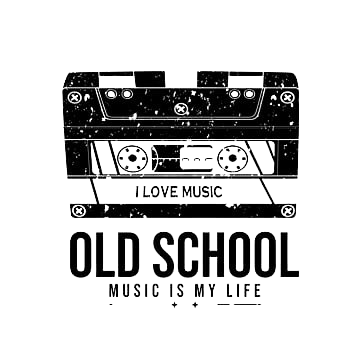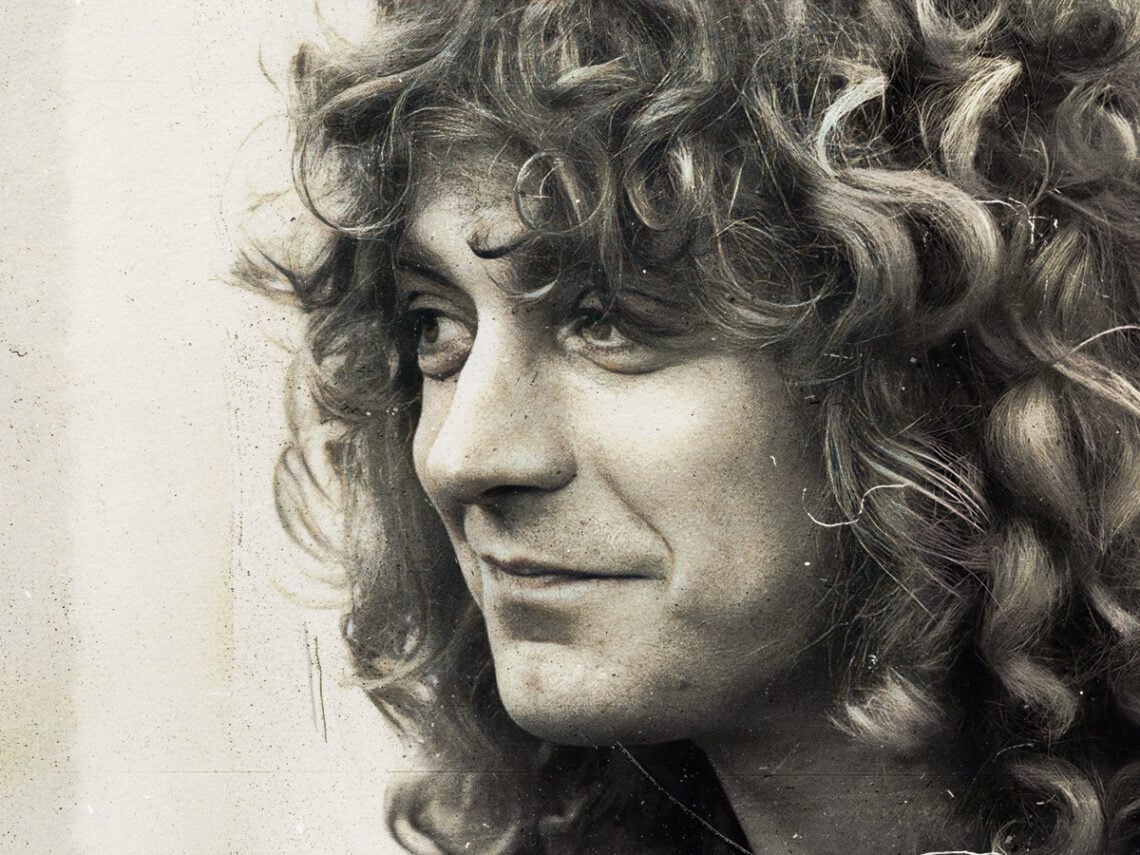Following The Yardbirds’ exodus, guitar virtuoso Jimmy Page took it upon himself to rebuild a band to rival the likes of The Who and The Rolling Stones. With Led Zeppelin, joined by Robert Plant, John Bonham and John Paul Jones, Page did just that. The band’s heavier blues approach, fuelled by Bonham’s thunderous percussion and Page’s rapturous guitar command, would become the perfect conduit for Plant’s powerful yet dynamic vocals.
As Page built his new incarnation of the Yardbirds, he carefully selected bandmates for both talent and demeanour. After catching wind of a unique rock singer from Birmingham, Page put his nose to the trail and found Plant at the other end.
“I was appearing at this college when [manager Peter Grant] and Jimmy turned up and asked me if I’d like to join the Yardbirds,” Plant recalled of his first meeting with Page in a 2008 interview with Classic Rock. “I knew the Yardbirds had done a lot of work in America – which to me meant audiences who would want to know what I might have to offer – so, naturally, I was very interested.”
The frontman sang Jefferson Airplane’s song ‘Somebody To Love’ to Page during this first encounter. The guitarist later recalled the moment: “When I auditioned him and heard him sing, I immediately thought there must be something wrong with him personality-wise or that he had to be impossible to work with because I just could not understand why, after he told me he’d been singing for a few years already, he hadn’t become a big name yet. So I had him down to my place for a little while just to sort of check him out, and we got along great. No problems.”
With a big check mark next to social compatibility and vocal talent, Page and Plant got on like a house on fire and entered one of the finest partnerships in rock history. After establishing Led Zeppelin’s bold sound over two albums in 1969, they began the 1970s poised for dominion.
It is widely accepted that Led Zeppelin hit an artistic peak between 1970’s Led Zeppelin III and 1975’s Physical Graffiti. Throughout this period, the band’s burgeoning capability was complimented by optimal intra-band chemistry.
In a 1980 interview with journalist Tony Bacon, Plant was asked to appraise the band’s work. Firstly, he was asked to pick out what he deemed Page’s finest guitar work. After a pause for thought, he picked out ‘In My Time of Dying’ from Physical Graffiti. “It goes on and on,” Plant admitted playfully. “But it’s a great ramshackle blues slide. Straight off the top.”
Later, Plant was challenged to pick out his finest vocal contribution. Picking out ‘The Ocean’ from Houses of the Holy as his finest vocal achievement, Plant revealed how he used slapback echo, inspired by Gene Vicent’s 1956 song, ‘Woman Love’.
“The more you listen to rock ‘n’ roll and early rockabilly, [you realise] there’s some incredible echo effects,” he added. “They were promising you something that actually wasn’t for real, you know? The very idea of putting an effect on the voice, in this dream wonderland, this promise of safe love and no tears, whatever it is [laughs]. That’s what it all started from.”
Listen to Led Zeppelin’s ‘The Ocean’ below.

